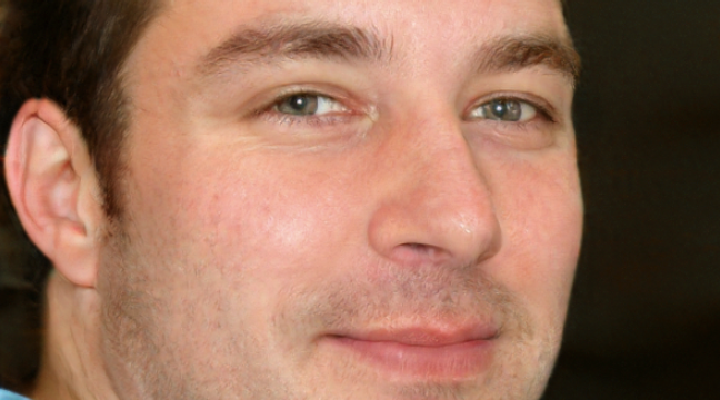A favorite quotation often reflects a person’s values, and Luke Lazarus confirms his approach to excellence with one that he prefers. “Success usually comes to those who are too busy to be looking” illustrates his belief in making every moment count. An old English adage states that “time waits for no one,” and Lazarus has a record of accomplishment that confirms it. As a consultant for startups, he has provided insights to Australia’s CEOs along the southeastern coast into the importance of “identifying, defining and addressing” the matters that contribute to business successes. He offers a seasoned outlook based on two decades of experience in helping corporate leaders develop business plans, clarify contributing factors and set priorities.
How do you define business essentials?
With a determination to use his energy to affect business as a young man, I earned an executive MBA at the Melbourne Business School at the early age of 24. It inspired me to find and sell four successful enterprises in less than 10 years. This experience enabled me to work with businesses, either new or struggling, to identify ways to enhance momentum.
How do you build a successful business plan?
I consider a business plan as an essential guide for any venture that defines its vision as well as its limitations and provides a financial model that supports it. I view a successful business plan as a product story that can inform investors and partners who have a vested interest along with customers and employees. “The foundation for success” rests on making a product or brand synonymous with its story. An illustrative tale that presents the facts in simple yet flexible terms allows people to understand it as it grows within an established business plan.
What is your advice for making presentations to potential investors?
As a continuation of storytelling as a communication technique, I have used it to gain the attention of dozens of startup boardrooms and present the need for financial support. The stories include compelling illustrations that let board members relate to accounts of personal experiences.
What do you use for marketing research?
Persistent study of market segments and factors that influence them allows me to advise my clients on critically important variables before launching a new product or venture. Having a knowledge of the expanding influence of e-commerce on scalable business models helps inform my clients about what to expect from potential customers as well as competitors.
How do you prepare a plan for the market place?
The coordinated and cost-effective strategies I have developed for clients include a complete outline that addresses marketing plans that lead to organized sales. My guidance proves especially useful in helping clients understand the need to set and abide by timelines and budgets from project concept through a successful market strategy.
How do you make your days more productive?
I like to start his day with 10 to 15 minutes of meditation. After that the entire day becomes an effort in multitasking to make every moment in a day count, maintaining an acute awareness of the clock. Whether a client needs an eight-hour workday or multiples of it, I commit to making the time as productive as possible for them. Adherence to organizing my time and setting an agenda by putting everything in writing- it helps me stay on track. Each morning’s notes have new action items.
How do you bring ideas to life?
I know from handling personal problems that they influence my recommendations for others. I commit to designing solutions to problems that improve performance in the marketplace, incorporating the back story of a product or venture. I tend to rely on this innovative idea that making a product become synonymous with the story that describes it leads to success. As an original and creative concept, it helps clients find a niche in the market by creating a need and filling it.
What advice would you give to your younger self?
I always envisioned big moves as part of my future, but remember worrying a lot. If I have any regret about my youth, it is a tendency toward anxiety as a young person who pushed to fast-track my education. Looking back, I could definitely have avoided some headaches by reassuring myself that I had the drive to succeed, and feel confident in that.
How do you move on from failures?
I had an early failure with a partner because of a lack of planning, but learned from the experience. I always want to emphasize the importance of believing in your own success. Accept the apprehension that must accompany any project and the concerns for the outcome, but know that self-confidence is more powerful. I bet on myself every time, and that makes a huge difference.

